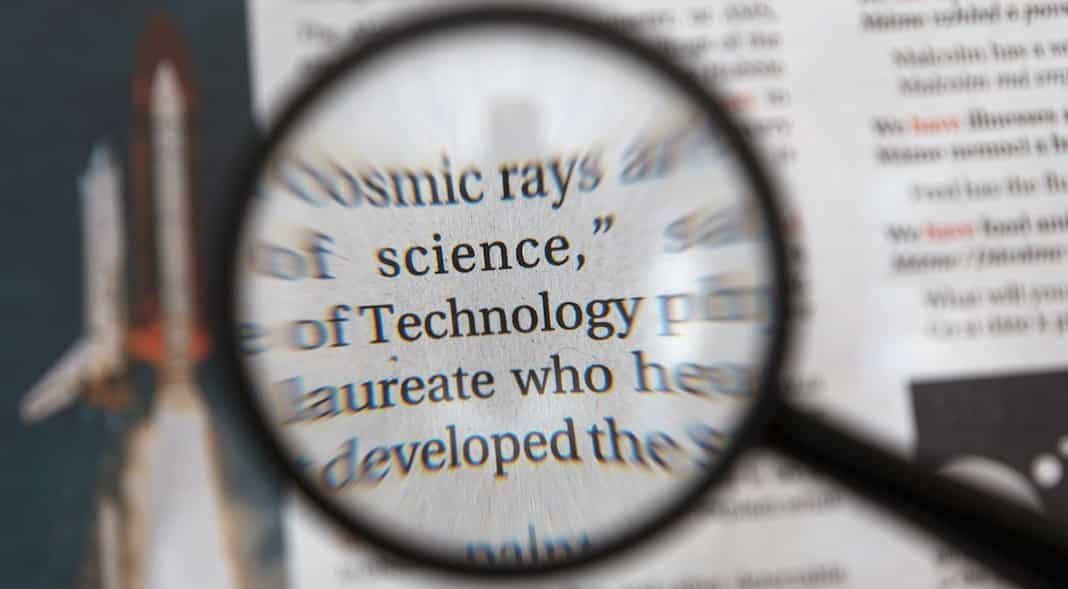How Aggregation May Change Due to EU Copyright Reforms
Some changes in bound for this site...

With the passage of the new EU Copyright Directive in March, much has been made about Article 17 (formerly Article 13) and how it will impact sites like YouTube, Facebook and other sites.
However, Article 15 (formerly Article 11) was met with a similar amount of controversy. The so-called “link tax” (though it doesn’t regulate linking and isn’t a tax) was also part of the package that passed and will be implemented by the EU member states over the next two years.
For smaller websites and content creators, it’s the portion of the law that’s most likely to have a direct impact. While YouTube and other large user-generated content sites have a reason to watch Article 17, Article 15 can impact sites as small as this one.
Simply put, aggregation is going to change and sooner rather than later. It’s important for those that aggregate, link and otherwise share news content to take a beat an understand how this law will likely change what you do.
What Article 15 Says
The main paragraph of Article 15 is largely unchanged from when we first reported on it. In the final version, it reads as follows:
Member States shall provide publishers of press publications established in a Member State with the rights provided for in Article 2 and Article 3(2) of Directive 2001/29/EC for the online use of their press publications by information society service providers.
Article 15, Paragraph 1
As we discussed in the earlier review, a “press publication” is simply “a fixation by publishers or news agencies of a collection of literary works of a journalistic nature” and “information society service providers” is a broad definition that includes nearly any kind of website you can imagine including social networks, blogs, online marketplaces, etc.
Basically, the language prohibits “any service normally provided for remuneration, at a distance, by electronic means and at the individual request of a recipient of services” from reproducing or communicating to the public any among of the original article. This includes headlines, snippets, thumbnails, etc. Though this right only lasts for two years, that’s likely moot as most articles aggregated are only hours old.
Though the article in its final form only applies press publications that are established in EU member states, it can be difficult to know where a new organization is based, in particular an international one, and it’s difficult to create multiple processes for different news organizations.
As such, aggregation is likely going to change. But, while most of the focus on Article 15 has been on Google News, it’s going to impact pretty much everyone that reuses content from news organizations, including this site.
The Incoming Changes
In the United States, we’ve largely taken for granted that headlines and snippets are a fair use. With the affirmation of this in the recent Google Book Search case, we’ve built aggregation systems around the idea that headlines and snippets were fair game.
However, that will likely change.
The most visible change will most likely be in the way that link previews work, or don’t work, on social media sites. Currently, link previews feature images, headlines and a snippet from the article. Once Article 15 becomes law, all three of those things will be considered infringing without a license.
Whether social media sites obtain a license, blacklist qualifying press publications from link previews or simply remove previews is anyone’s guess. However, it stands to reason that something will have to change. Though the article may have been targeted at aggregation, it impacts nearly all use of news content.
That also impacts smaller sites as well. This site, for example, has a regular 3 Count column that looks at 3 different copyright and/or plagiarism stories every day. Though the 3 Count doesn’t reuse any text or images from the articles it cites, it does reuse the headlines.
The reason for this decision was to try and make the 3 Count an example of aggregation done well. I spoke with several people knowledgable about SEO and they said that that reusing the headline and making it a link to the source and a header in the post, would ensure the source articles would get as much credit as possible.
Soon, I will have to change that policy as will other sites that aggregate content in a similar manner.
But these changes are going to be indicative of what will happen when Article 15 takes effect. While news coverage will focus on whatever Google News does in the EU, it’s going to make the rest of the internet look a bit different too.
How much different is tough to say, especially when larger social media sites may be able to work around these rules to keep link previews working (at least largely). It’s going to be smaller sites, where obtaining a license or filtering out EU news sources is impractical, that will be required to make the biggest changes.
Bottom Line
The question this raises is simple: Is this good for news organizations?
There’s no doubt that the internet has made things challenging for news organizations and there is also no doubt that many sites and companies have exploited the fruits of journalism in unethical ways.
But the law, as written, targets nearly all aggregation, including aggregation that is actually beneficial to newspapers.
While it’s understandable that publishers would want to get money from companies like Google, companies that they see as getting wealthy in part off their content, when Spain performed a similar experiment Google News simply shut down and it cost publishers millions.
While Google certainly isn’t the hero of this story, taking such a harsh stance on any reuse of news content just makes linking to it more difficult and uglier.
It’s unlikely this will be the windfall publishers are hoping for but it will definitely have an impact on the internet. Just what that impact will look like will depend on how the major players respond.
Want to Reuse or Republish this Content?
If you want to feature this article in your site, classroom or elsewhere, just let us know! We usually grant permission within 24 hours.
